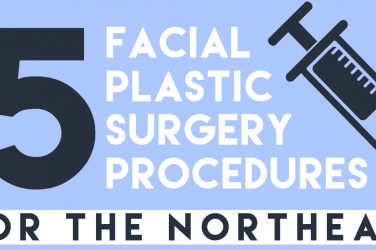It’s important to live a life that’s defined by clear purpose and careful planning. Nevertheless, life isn’t always predictable. There’s never a guarantee of your continued well-being on any given day that you get up from bed. Unexpected events do happen and some of these can lead to debilitating physical injury.
Whether it’s a freak car crash or a mishap on the factory floor, an injury could inhibit your ability to function normally. Whereas the right emergency care, medication, long-term physiotherapy and legal redress (read more) is fundamental in your journey back to recovery, getting in the right frame of mind is just as important.
Here are some useful tips to help you mentally recover faster from injury.
-
Don’t Shut Yourself from the World
Major physical injury is traumatizing and walking the recovery path alone can be overwhelming. Whereas you shouldn’t incessantly talk about your injury any time you run into friends, family, and colleagues, the people in your social circle can provide invaluable encouragement, positive perspectives, and psychological support.
Isolation can exacerbate stress and discomfort that leads to irritability and emotional distress. It’s when you shut yourself from the world that you start to obsess on the things you used to do before but are now constrained from doing by your condition. Continued interaction with those closest to you helps create a sense of normalcy in your life despite the injury.
-
Visualize Recovery
Recovery from injury is a process, not an event. There’s going to be hurdles along the way. Thinking about the recovery journey and what milestones you are expected to overcome creates anticipation that augurs well for your success.
Visualization underpins the routine and predictability that’s required to reduce the unpleasant surprises that could have a negative impact on morale. Mental rehearsal helps build the coping skills that smooth the road to physical healing and restoration of body function. See yourself as being healthy again, coasting through the physiotherapy sessions and resuming a normal life.
-
Find Alternative Means of Maintaining Your Self-esteem
Losing the ability to do certain everyday tasks can have a devastating impact on your self-esteem. As someone who was self-dependent, constantly having to ask the people around you for help isn’t something easy to grow accustomed to. You have to find alternatives for bolstering your self-worth and self-confidence.
You can learn a new skill or take up a hobby. It should be something that makes you feel good about yourself once you are done with it. That will keep at bay any creeping feelings of helplessness and worthlessness.
-
Educate Yourself
The more knowledge you have about your injury, the better equipped you will be to deal with it and chart a recovery plan (with the advice of your doctor). Thanks to the Internet, much of the information you should know is available online for free.
That being said, make sure you only read content from reputable websites. Google Scholar and PubMed have plenty of reliable research. Such research may, however, use difficult medical terms that make it hard for a non-medic to understand.
In that case, you can do a Google search for the injury then read the .EDU and .GOV links in the search results. Often, these will be articles that provide a summarized and simplified take on research. Learn the recovery options and pick the one that will best work for you.
Note that educating yourself is not the same as disregarding professional medical attention. It should be complementary to your doctor’s advice.
-
Don’t Rush to Compare Post-Injury State to Pre-Injury State
Any injury that is severe enough to disrupt your life for weeks or months is likely going to continue to have an effect on your ability to function normally over the medium to long-term. Ergo, once you are done with emergency care and go through the initial phases of physiotherapy, resist the urge to immediately compare your post-injury state to your pre-injury self.
Even if you’ll eventually return to your pre-injury condition, it’s going to take time. There’ll be struggles, panics, and freak-outs, especially at the beginning. As you keep at it and slowly increase the amount of exertion you subject your body to, you’ll gradually draw closer to your pre-injury state.
Serious injuries are devastating. They can rob us of the life we are used to and make us doubt our abilities. You can speed up your recovery by applying these mental tips.







